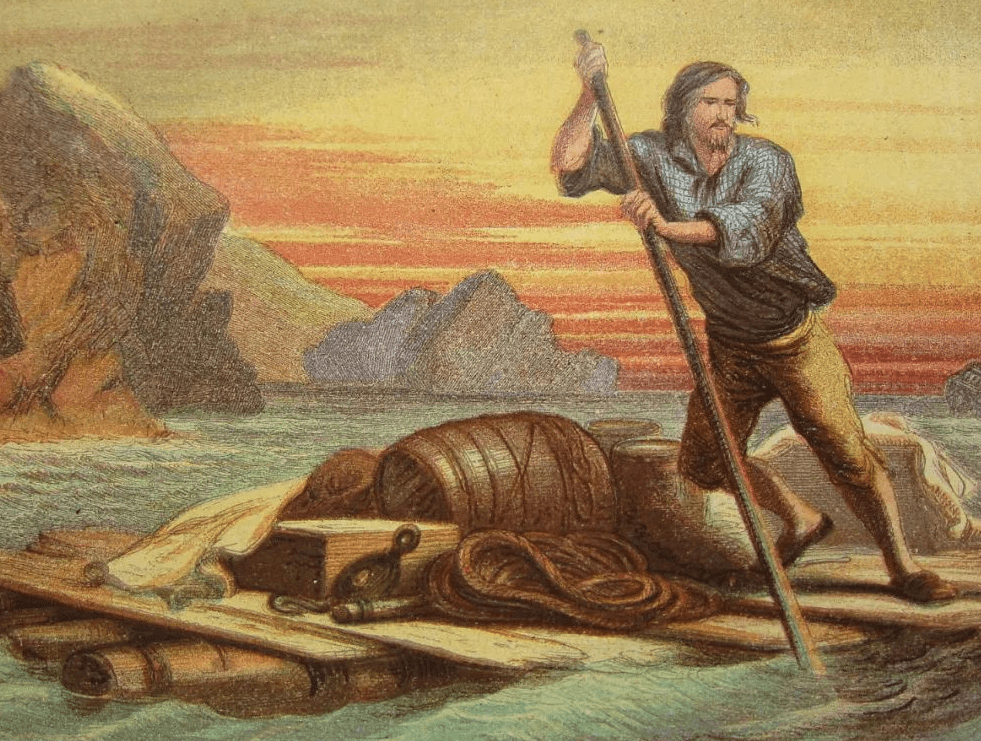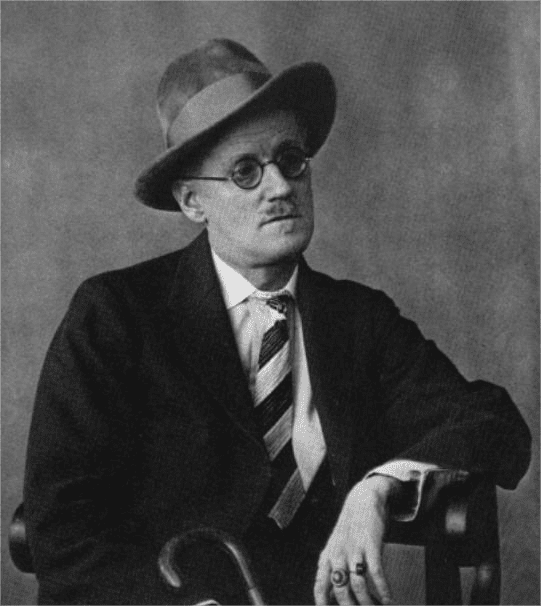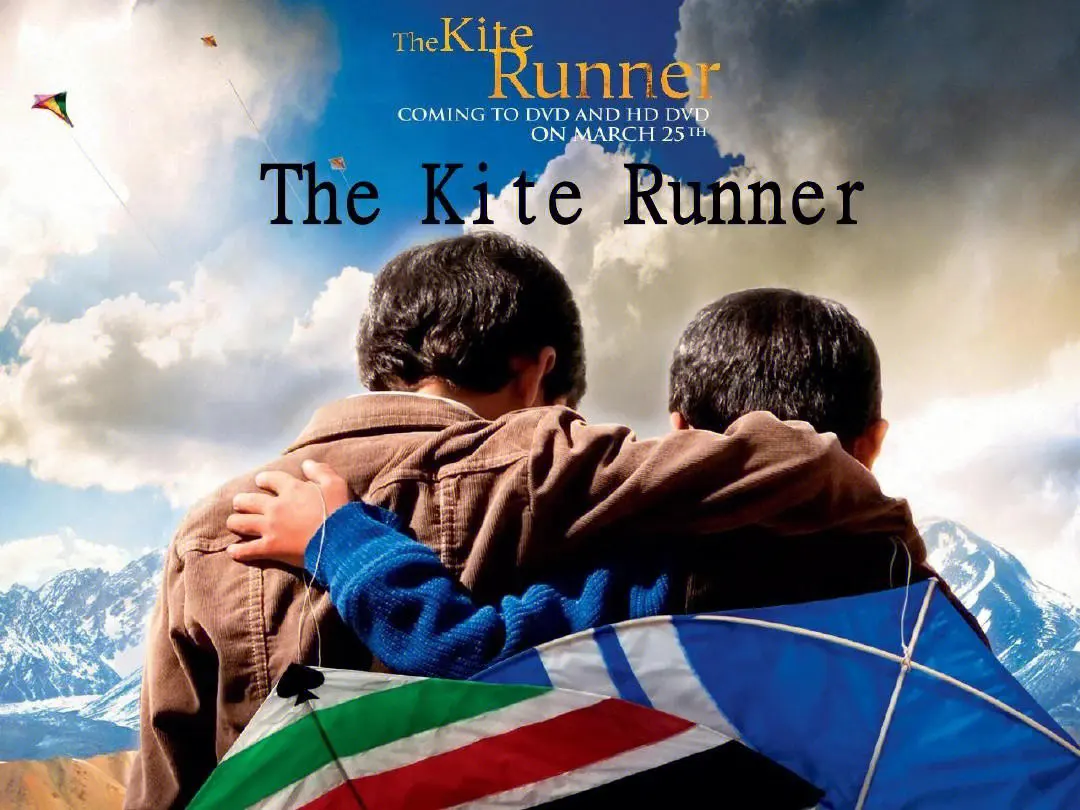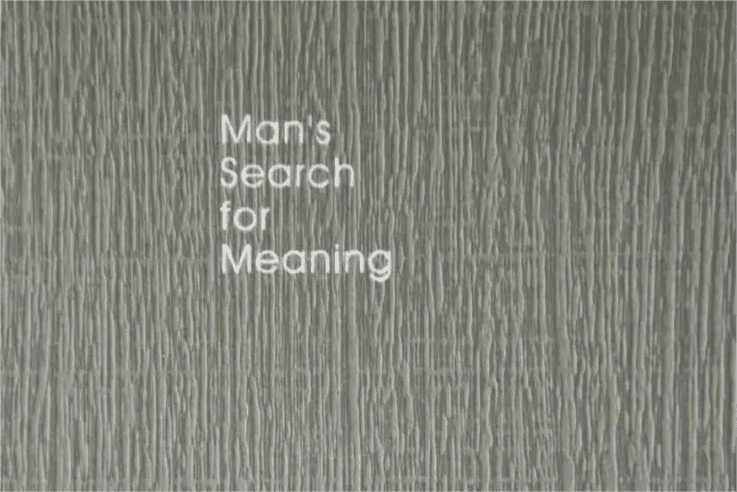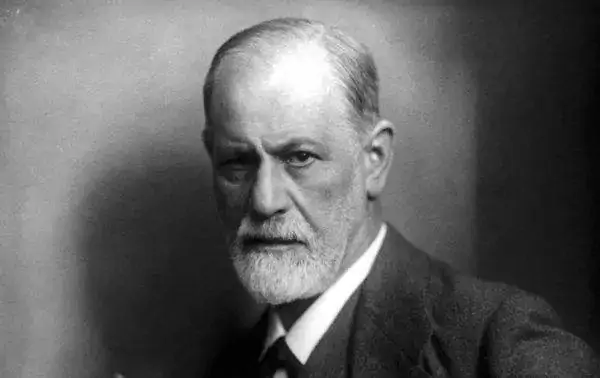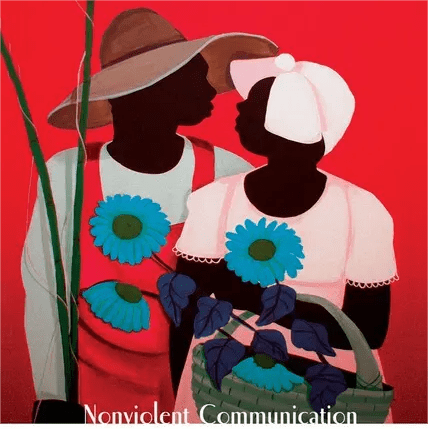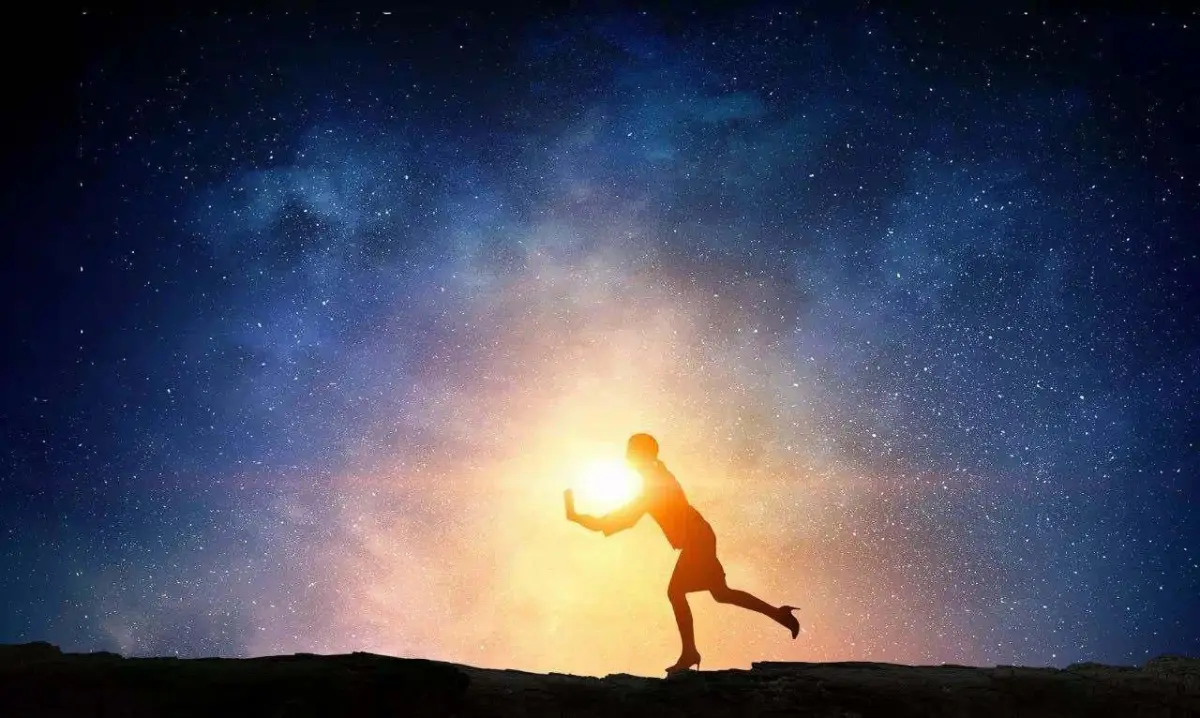In today’s society, material desire is rampant. Very few people can stop the fast pace of life, free themselves, to think about the question “who am I?” Some may think this is a worthless question, because to most people, the truth is obvious: I am who I am, fireworks of different colors. Some even see themselves as “money-making machines”. Of course, in such a social context, people’s understanding of themselves is limited by material desires, but beyond that? George Bernard Shaw, a great British dramatist, said: “If it is true that we are here to help others, then what are others here for?” That seems to give us some indication. We must admit that it is our duty to help others, after all, we live in the same era, the same global village, and our morality has been such advocacy. So, a “The adventures of Robinson Crusoe” can bring us to think about what?
Let’s look at Robinson’s experience:
Before he went sailing, he could have enjoyed the benefits of capitalism. He could have found a stable job, married a wife, had children and lived happily ever after. However, he was very fond of sailing and adventure. He had been to many parts of the world and faced many dangers, but he was never afraid of anything. So, in spite of his parents, he embarked on one adventure after another. However, in 1660, during an expedition to South America, Robinson encountered a rare storm. His companions were drowned in the sea. Only he survived. When he opened his eyes, he found himself swept up on a deserted island. At this point, some people might have thought that he was certain to die, because survival on a desert island, even now, without any preparation, is extremely difficult. But our Robinson, who had lived on that island for twenty-eight years, had survived such a long time of a man’s life with only his own hands. What does 28 years mean? It means that from his youth to his middle age, he spent all the time that would have been enough to conquer the world in survival.
American writer Henry Thoreau said in his book Walden, “While I was writing the latter pages, or the latter mass of words, I was living alone, in the woods, in Concord, Massachusetts, on the shore of Walden Pond, in a cabin I had built with my own hands, a mile from any neighbor, and supporting myself by the labor of my own hands. I lived there for two years and two months.” What is that to Robinson? Thoreau wanted to be a hermit, Robinson had to be. That’s the gap.
So what kept Robinson alive? Did he discover some secret on the desert island?
“All day long I grieved over my miserable situation. I had no food, no house, no clothes, no weapons, no place to run, no hope of rescue, but death, either by wild animals, and wild men, or by hunger for want of food. When night came, I slept in a tree for fear of being eaten by wild animals. Though it rained all night, I slept soundly.” This is his first day on the island. You could see that he was a little desperate, but in the end he slept soundly.
“The 26th of October I spent nearly the whole day on the shore in search of a suitable place for my dwelling. My chief concern was safety, and it must be safe from wild beasts or wild men who might surprise me in the night. In the evening, I finally found a suitable place under a rock. I drew a semicircle to form the site of my dwelling, and decided to lay two layers of stakes along that semicircle, with cables in the middle, and sod on the outside, to form a strong fortification, something like a wall or a fort.” After hauling ashore the useful contents of the boat, which had been raised by the tide, he began to make further plans. He’s obviously pulled himself together. He needs to survive. After settling down on the island, every day he went hunting in the forest with his gun and dogs, or fishing on the seashore, and raised the goats he caught. And then he drank goat’s milk. He made pottery and planted wheat as if nothing had ever happened before. He found himself. Sixteen years later, he saved a wild man, named him Friday, and lived happily with him.
From the initial pessimism and despair, to the recovery of hope, and then to the integration of nature. In this process, Robinson is transforming, from a social person into a natural person. He became a part of nature, nature enabled him to live, he made his life better. Here, we can see the truth of life through the cracks of time. Life is a natural and beautiful state. When we experience the hero Robinson every bit of the time, we will find this kind of transcendent beauty. Plotinus said, “God is the source of beauty, and everything like beauty comes from God.” According to him, the reason we experience the beauty of life is because of God’s light. Think, if the other side, the other side that shines with the light of God, really exists, then there must be someone who can see a more amazing beauty. I wonder what Robinson saw. It can be said that Robinson’s survival on a desert island is in itself a noble thing. His life is like an art, an art carved by nature. As Longanas says, “I declare with confidence that nothing leads to the sublime so much as the proper expression of true feelings; It came out like the voice of a god.” “The wave that came upon me once immediately buried me twenty or thirty miles under the water, and I could feel a great force rushing me quickly towards the shore, far, far away. I held my breath and just kept swimming.” In the text, when the hero is washed away by the waves, the unprecedented desire to survive, isn’t it sublime?
Which brings me back to the “who am I” question. In my opinion, if you are still in the society you live in, in the materialistic society, maybe you will never know who you really are. As the Shawshank Redemption says, “We’re always busy being or dying.” In a busy state, you are not you at all, you are just a slave to “busy”, you can only conform to it, and then lose yourself. Modern society produces a lot of walking dead, people who look like other people, but in essence, they are just alive and warm bodies. As for the meaning of life, who cares? People choose to leave due to pressure to go to the so-called paradise. They don’t realize that if there is a heaven, not everyone can enter it. He who blasphemes is not qualified.
At the end of the novel, Robinson still goes back. What does that mean? After all, he still belongs to that society, and there are his concerns in that society. Who calls people sentient? That would have been the end of it, but in another sense he was no longer the man he had been on the island.
In short, The adventures of Robinson Crusoe is actually about a forgotten self (it should be noted that the “self” here refers to the self as a beneficiary of the bourgeoisie in the social context of the time). A process of In this long process, we can see the beauty of life from the protagonist, as well as the hardships of survival. It is in this process that the hero gains a new life. This rebirth is the result of a deep understanding of life. In the same way, we have a new understanding that each individual is not merely a synthesis of various social relations, nor does it mean that, after the removal of various relations, the individual ceases to exist. The author thinks that outside these relations, that is to say, there may be another “self” in addition to the present “self”, which is a kind of perfect and beautiful existence. Or it could be said that the reason why we strive so hard is to approximate ourselves to such a self. Daniel Defoe may not have thought of this when he wrote the novel, but he should have left a place for such a truth early in his subconscious, or it would not have been so moving.


